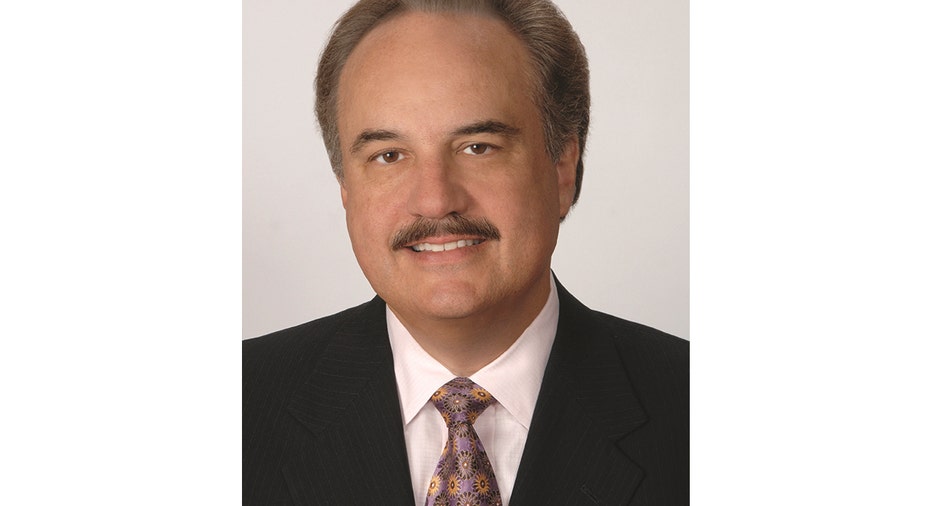Insider Q&A: CVS Health CEO seeks bigger role in your care

CVS Health CEO Larry Merlo wants customers to think about more than prescriptions and shampoo when they visit his company's drugstores.
He expects the stores to become health care pit stops, especially for patients with chronic conditions like diabetes. Vision, hearing and blood sugar checks will be available at many locations, and customers also may be able to get help with diets and nutrition.
CVS has largely finished its $69 billion acquisition of the insurer Aetna, part of the company's broader effort to expand its health care offerings. A federal judge is still evaluating the deal and has scheduled a hearing for December 18.
Merlo spoke recently with The Associated Press. The conversation has been edited for clarity and length.
Q: What are some specific changes shoppers will see first in your stores?
A: Early next year ... we will pilot our first concept stores that begin to change the role of the retail pharmacy. The store will continue to have a pharmacy, it will continue to have products that will be focused on health, beauty, personal care and elements of convenience. But it will also have services. About 15 to 20 percent of the store will be repurposed for services like an expanded (in-store) MinuteClinic.
Q: You've talked a few times about revolutionizing the customer's health care experience. What does that mean?
A: It really is helping them understand how to best use their benefit programs. Take a patient with diabetes. They likely visit their physician three, four times a year. They leave the office with a care plan that includes medication, diet, nutrition, exercise. We can help those patients make sure they're staying adherent to their plan, which oftentimes is not the case.
Q: Do you expect to eventually replace the family doctor?
A: No, absolutely not. Our goal is to complement the role of the primary care physician. This past year we referred three and a half million patients on to a physician. The vast majority were patients that we see at MinuteClinic that simply do not have a ... physician. The referrals are not because they can't be treated. We believe everyone should have access to a (primary-care physician).
Q: You're combining with a health insurer. How can consumers trust that they're getting the best care from a company that's also paying for that care?
A: Our hallmark as a company has always been do what we need to do to take the best care of the patients that we serve. Our purpose as a company is to help people achieve their best health.
Q: If you fail to provide good care, customers won't return. Is that part of the equation?
A: Customer satisfaction is critically important. It becomes a form of retention.
___
Follow Tom Murphy on Twitter: @thpmurphy .



















